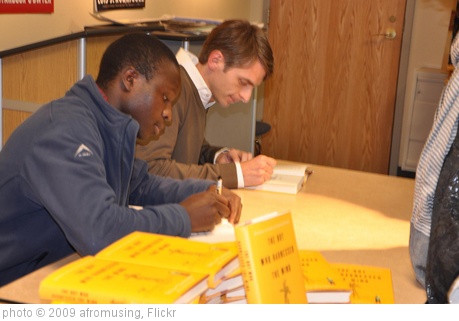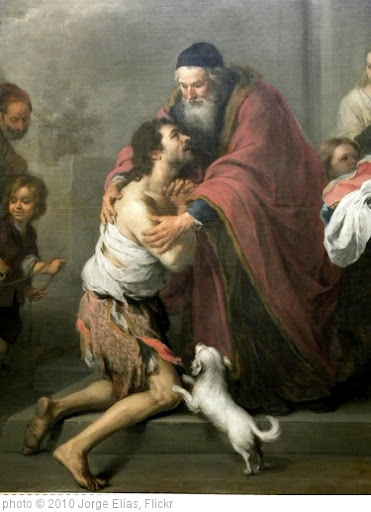In case you hadn’t noticed ther is a LOT of controversy going on these days about international adoption, especially adoptions by U.S. parent of Ethiopian, Liberian, and other African children. Lots of agencies and groups involved in these adoptions are being accused of child-trafficking, stealing children from their parents and extended families to feed an American “obsession” with adoption. In fact, journalist Kathryn Joyce has recently published a book called The Child Catchers which seems to imply, or maybe state outright, that all international adoptions are suspect and akin to child abuse and kidnapping, especially those where the children are adopted into evangelical Christian families.
 Melissa Fay Greene’s book, published in 2006, tells the story of one Ethiopian woman, Haregewoin Teferra, and the ups and downs of her “odyssey to rescue Africa’s children.” Ms. Greene also writes about the AIDs crisis in Ethiopia and in Africa, the political situation in Ethiopia, the ethics and difficulties and joys of Ethiopian adoption, and the difficulties of running an impromptu, under-funded, and unregulated orphanage. The book feels balanced and honest.
Melissa Fay Greene’s book, published in 2006, tells the story of one Ethiopian woman, Haregewoin Teferra, and the ups and downs of her “odyssey to rescue Africa’s children.” Ms. Greene also writes about the AIDs crisis in Ethiopia and in Africa, the political situation in Ethiopia, the ethics and difficulties and joys of Ethiopian adoption, and the difficulties of running an impromptu, under-funded, and unregulated orphanage. The book feels balanced and honest.
The best thing about this book is that Ms. Greene, although she obviously admires Haregewoin Teferra, does not idolize her. This journalistic trek through the back alleys of Addis Ababa and the orphanages and adoption agencies of Ethiopia is no hagiographic tribute to Haregewoin, even though she is the central character. It is instead a realistic picture of one woman who tries to help the orphans who are brought to her door, who sometimes makes mistakes, and who ends up helping some and being unable to help others.
“I would watch Haregewoin’s reputation rise and fall like sunrise and sunset. As she blended her life with the lives of people ruined by the pandemic, she became a nobody, like them. Then, she began to be seen as a saint. Then some cried, ‘hey! This is no saint!’ and accused her of corruption. Or maybe she started out as a saint, became a tyrant, then became a saint again. Or was it the reverse? THe story line hanged. But in ever account, no middle ground was allotted to Haregewoin: either she was all good, or she had gone bad. Those who watched, judged her.
Zewedu, her old friend, saw who Haregewoin was: an average person, muddling through a bad time, with a little more heart than most for the people around her who were suffering and half an eye cocked toward her own preservation. But most observers failed to reach this matter-of-fact point of view, and Ato Zewedu probably would not live much longer.
But then I heard, to my delight, that some people say even Mother Teresa herself was no Mother Teresa.”
This. Yes. We are all complicated, sinful, sometimes grace-filled, selfish, well-meaning, compassionate, but also unobservant, people. Some of us manage, by God’s grace, to do something kind and loving for someone else, even for many others, like the orphans Haregewoin helped. Somehow we muddle through and maybe do more good than harm. And God uses our poorest efforts and our mixed motives to serve Him and to serve others and to bring about His will.
If you are considering an international adoption, if you know someone who has adopted children from another country, if you just want to understand the complexities of adoption from the point of view of an adoptive mother and a journalist, read this book. Then read the articles I’ve linked to below for all kind of opinions and stories about international adoption. Some are horror stories; others are stories that inspire hope and sympathy. It’s complicated, but the complications shouldn’t paralyze us.
If God brings an orphan to your door, what can you do but open your home and your heart and let him in somehow?
Orphan Fever: The Evangelical Movement’s Adoption Obsession in Mother Jones magazine.
Evangelicals and Foreign Adoption by Maralee Bradley at Mere Orthodoxy.
Ethiopian Adoption: An Informal Guide by Melissa Fay Greene.
The Common Room and Adoption Advice.










